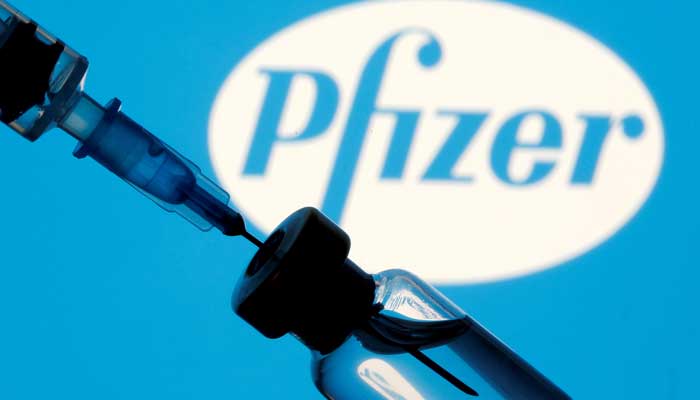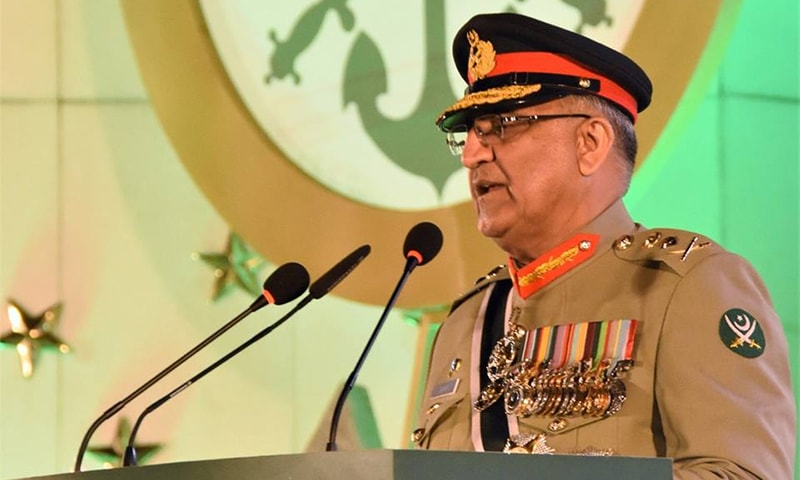NEWS DESK
Islamabad: The United States government, through the U.S. Agency for International Development (USAID) and in partnership with the Government of Pakistan, has delivered an additional batch of 8 million Pfizer COVID-19 pediatric vaccine doses to Pakistan. This shipment increases the United States’ donation to more than 78 million safe and effective COVID-19 vaccine doses to the people of Pakistan, including 16 million pediatric doses. The United States is the largest donor of COVID-19 vaccines to Pakistan.
The United States is committed to partnering with the Government of Pakistan to protect the Pakistani people. This includes the successful implementation of the initial Pediatric Vaccination Campaign, which reached more than 7 million 5- to 11-year-old children in just 6 days, from September 19-24.
In addition to the vaccines, the U.S. government has also provided over $80 million in direct and in-kind support to assist the Pakistani people in the fight against COVID-19. This support has included more than 1.2 million N-95 masks, 96,000 surgical masks, 52,000 protective goggles, one million COVID-19 rapid diagnostic tests, 1,200 pulse oximeters, and 200 ventilators for 64 Pakistani hospitals – all of which has helped save lives and protect people across Pakistan.
The U.S. government has also trained over 50,000 health workers, including 30,000 women, across Pakistan on home-based care for COVID-19 patients and established a national network of disease surveillance and response units and teams – providing a framework to combat the current pandemic and building resiliency for the future. In July, the United States also provided four mobile testing labs to Pakistan’s National Institute of Health to strengthen Pakistan’s ability to diagnose diseases in remote and underserved areas.








